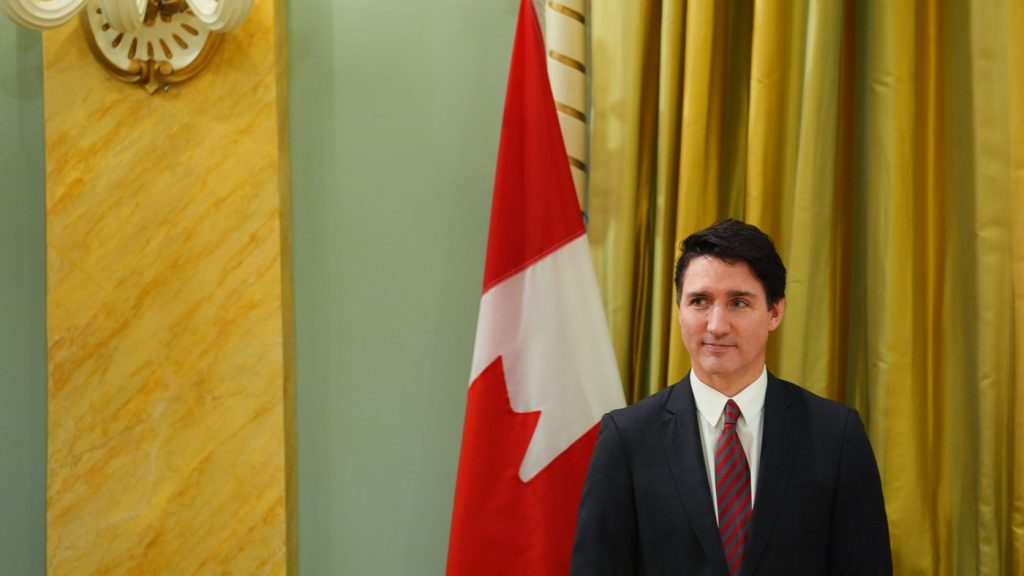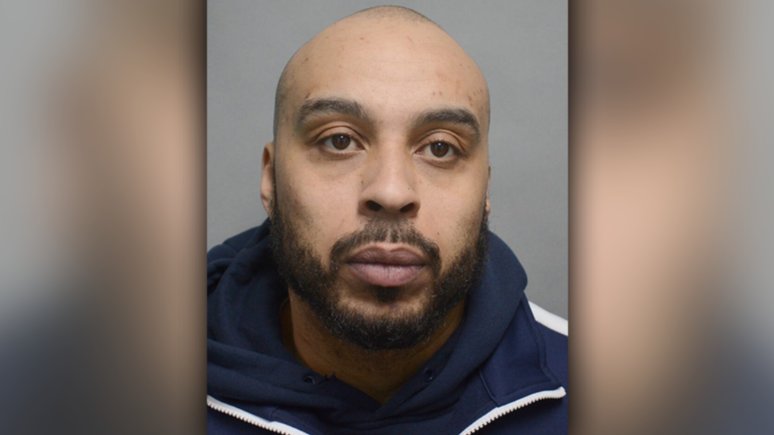Premier Higgs examines options after CUPE strike impacts New Brunswick health care
Posted Oct 30, 2021 08:30:31 PM.
FREDERICTON — New Brunswick’s Premier said he would be using the next 24 hours to explore his options for ending a strike by thousands of unionized provincial workers after the job action impacted health care services on Saturday.
Blaine Higgs said a COVID-19 vaccination clinic in Fredericton was cancelled, and COVID-19 screeners were not available in some hospitals and other facilities.
It’s the latest disruption caused by the strike, which began when roughly 22,000 members of the New Brunswick branch of the Canadian Union of Public Employees walked off the job on Thursday.
“The health and safety of New Brunswickers is of primary concern for our government,” Higg said in a Saturday afternoon news conference. “The pandemic has put an extra strain on the health care system in our province. Now the actions taken by CUPE are making that strain worse and … impacting residents of our province.”
In a social media post Saturday, the Horizon Health Network said it was assessing health care services as a result of the strike and would notify the public of any changes.
“We are committed to provide essential health care services to our patients and clients throughout the strike and our emergency departments will remain open,” it wrote.
Higgs said he could use the province’s Emergency Measures Act to force the employees back to work, but planned to take the next 24 hours to weigh his options.
“I don’t take it lightly to bring in back-to-work legislation,” he said. “It is only in a situation where we feel that is the only option available to us.”
The premier said he was shocked that the union would consider job action in the health care system.
While many employees in the union are deemed essential and must report to work, Higgs said CUPE refused to amend the essential services agreement to include people who screen for COVID-19.
“It’s almost as if the plan was made some time ago that this would be a time when the ultimate pressure could be put on the government by putting people’s health at risk,” Higgs said.
Wages are the primary issue at play for the striking workers.
Before contract talks broke off Tuesday night, the union was seeking a 12 per cent raise over four years, with no conditions attached. The government confirmed Thursday it was offering an 8.5 per cent wage increase over a five-year period.
Higgs described the government’s offer, which includes pension improvements, as fair. He said the major stumbling block is the national CUPE union and their pressure on the local representatives.
But CUPE New Brunswick president Steve Drost accused the premier of continually trying to lay blame on the union, noting provincial members voted 94 per cent in favour of a strike.
He said most of the union’s members haven’t had a proper raise in 15 years and remain among the lowest paid workers in the country.
In an interview Saturday, Drost said it would be “unfortunate” if the government orders the strikers back to work.
“Any type of legislation like that would certainly be an overreach and misuse of power,” he said. “It’s totally unnecessary.”
This report by The Canadian Press was first published Oct. 30, 2021.
Kevin Bissett, The Canadian Press








